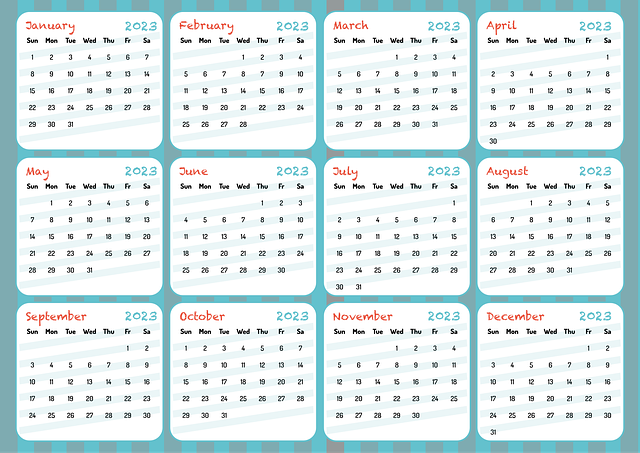For successful Event Planning for Local Businesses, start by understanding community needs through surveys, focus groups, and networking with leaders. Align events with local issues, services gaps, and interests to foster deep engagement. Analyze demographics, cultural events, and infrastructure for tailored event design. Prioritize input from potential attendees to maximize attendance and create a sense of ownership. This strategic approach promotes community connections, brand promotion, and contributes to the local landscape's vibrancy.
“Unleash the power of community engagement through strategic event planning! In today’s competitive landscape, ‘Event Planning for Local Businesses’ is a game-changer. This comprehensive guide delves into the art of identifying community needs and interests by understanding demographics and local culture.
From there, it explores how to develop captivating event concepts, blending interactive elements with business offerings. The process includes leveraging surveys, focus groups, and listening sessions to ensure events cater to diverse audiences. Additionally, it covers logistics, collaboration, and accessibility, providing a roadmap for successful execution.”
- Identifying Community Needs and Interests
- – Understanding the local landscape: demographics, cultural events, existing community groups
- – Conducting surveys, focus groups, and listening sessions to gather input from potential attendees
Identifying Community Needs and Interests

When planning community outreach events for local businesses, it’s crucial to start by identifying the needs and interests of the very community you aim to engage. This involves a deep understanding of the local landscape—what issues are important to residents, what initiatives have already gained traction, and where there might be gaps in services or programs. By conducting surveys, hosting focus groups, and networking with community leaders, businesses can uncover the unique needs and aspirations of their neighbors.
This process allows for the creation of events that resonate deeply with the community. For instance, if a local park is lacking amenities, a business could sponsor a cleanup event followed by a community picnic. Or, if there’s a growing interest in healthy living, workshops on nutrition or fitness could be organized. Such targeted outreach not only addresses immediate needs but also fosters lasting connections between businesses and residents, strengthening the fabric of the community.
– Understanding the local landscape: demographics, cultural events, existing community groups

Understanding the local landscape is a crucial step in successful event planning for local businesses. By delving into demographics, cultural events, and existing community groups, organizers can create events that resonate with the target audience. For instance, a bustling metropolis with a diverse population may require events that cater to various cultural backgrounds, while a smaller town might focus on more intimate gatherings that foster a sense of community.
Event planners should also consider the existing infrastructure and resources within the local landscape. This includes understanding the availability of venues, community centers, or outdoor spaces suitable for different types of events. By navigating these factors, businesses can collaborate with local groups to organize events that enhance community engagement, promote their brand, and contribute to the vibrant tapestry of the region.
– Conducting surveys, focus groups, and listening sessions to gather input from potential attendees

To ensure that community outreach events are a resounding success, gathering input from potential attendees is paramount. Event planners should conduct surveys and focus groups to understand the needs, interests, and expectations of the local business community. By actively listening to their feedback, organizers can tailor the event’s content, format, and location to maximize attendance and engagement. This inclusive approach fosters a sense of ownership among participants, making them more likely to actively contribute and support future initiatives.
Additionally, hosting listening sessions allows for deeper insights into the unique challenges and opportunities faced by local businesses. These informal gatherings provide an open forum where attendees can share their perspectives freely. Incorporating this feedback into event planning demonstrates a commitment to addressing the community’s priorities, ultimately enhancing the event’s relevance and impact. Such proactive engagement is crucial for successful Event Planning for Local Businesses, fostering a collaborative environment that benefits all involved.
By carefully understanding the local community’s needs and interests through comprehensive research and direct engagement, event planners can create meaningful and successful outreach events. This process involves recognizing demographic trends, embracing cultural diversity, and actively listening to residents’ concerns and desires. Through such initiatives, Event Planning for Local Businesses can foster stronger connections within the community, ensuring events that resonate, attract, and benefit everyone involved.














